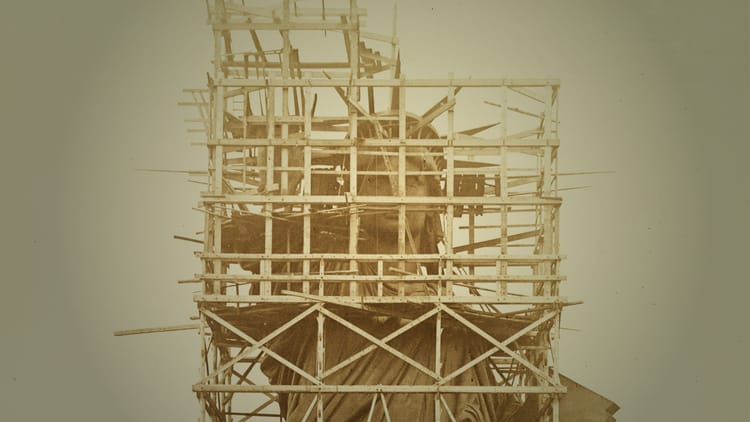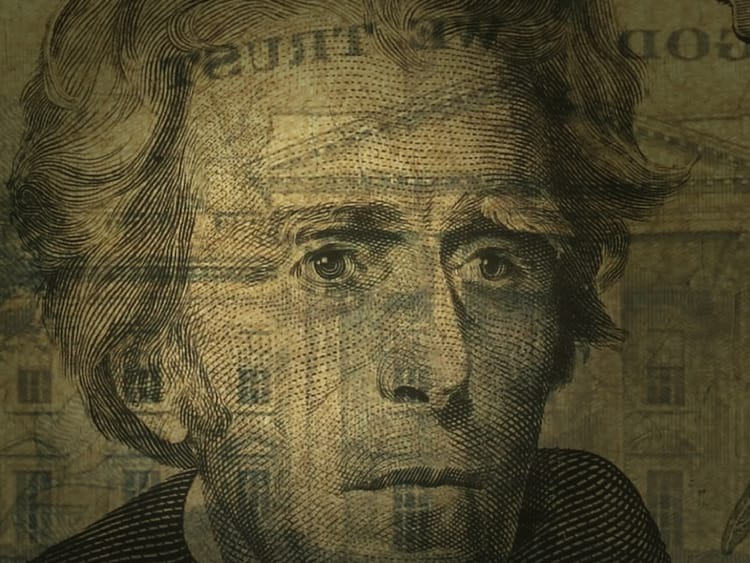The chamber

The biggest subject of controversy on Twitter—a social-media platform built for controversy—is now Twitter itself. This controversy’s been developing over the past few years, along with concerns over the site’s content-moderation policies and transparency about their implementation. But it’s heated up since the billionaire Elon Musk bought the platform, vowing to reform it in the cause of free speech. And then it exploded after Musk recently released a trove of internal documents called the “Twitter Files”—indicating the role of internal political biases, and even external influence from the U.S. government, in decisions to restrict the visibility of certain content or suspend certain user accounts. Twitter is meanwhile an unusual social-media platform: It has hundreds of millions of users globally—tens of millions in the U.S., its biggest market. But relatively few of these users engage very much with it. And those who do, its “power users,” are disproportionately in or connected to the media industry or politics—opinion elites more than everyday people. Opinion elites may have their own concerns about Twitter, and those concerns may be legitimate, but what effect has the platform had on the broader democratic societies around it?
Aynne Kokas is the C.K. Yen Professor at the Miller Center, an associate professor of Media Studies at the University of Virginia, and the author of Trafficking Data: How China is Winning the Battle for Digital Sovereignty. Kokas says that while the debate over Twitter’s history of speech moderation—and now over Musk’s own erratic treatment of journalists and chaotic policy implementations—are significant, the most urgent risks from Twitter and other social-media platforms have much more to do with data privacy. To Kokas, questions about whether and why one influential person’s Twitter account might be amplified over another are important; but when data is vulnerable, that poses a categorically greater risk to the lives of everyday people across America and around the world …
Eric Pfeiffer: How has Twitter’s influence on the U.S. and global public spheres evolved since the platform’s beginnings?
Aynne Kokas: Twitter launched in 2006—16 years ago now—as a kind of insider platform for developers and people in the tech sector to share ideas and build community. From there, the site’s key users became people in media and entertainment—particularly those interested in influencing the news and entertainment environments. Twitter has long been different from Instagram or Facebook, in the sense that it’s long been focused much more on news and generally serious content.





